What does being a winner mean? For 12-year old Adrielle Alexandre, who is carrying the Olympic torch, it’s not only about becoming an Olympic rhythmic gymnast, but to make her community a place free of violence and full of respect. She is among 400 girls who are participating in a programme in Brazil that empowers girls through sport and by creating safe spaces.
 NEW YORK (IDN-INPS) – “I’ve learned from sport that we have to make efforts to succeed. We get nowhere if we stay at the same place doing nothing,” says Adrielle Alexandre, a 12-year old young athlete from Rio de Janeiro, Brazil.
NEW YORK (IDN-INPS) – “I’ve learned from sport that we have to make efforts to succeed. We get nowhere if we stay at the same place doing nothing,” says Adrielle Alexandre, a 12-year old young athlete from Rio de Janeiro, Brazil.


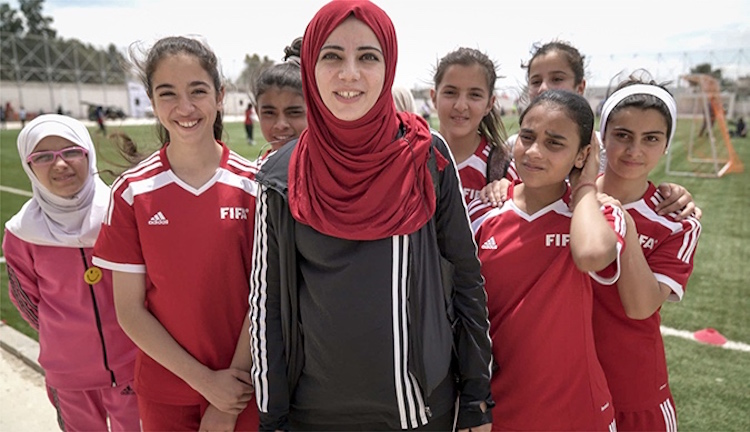
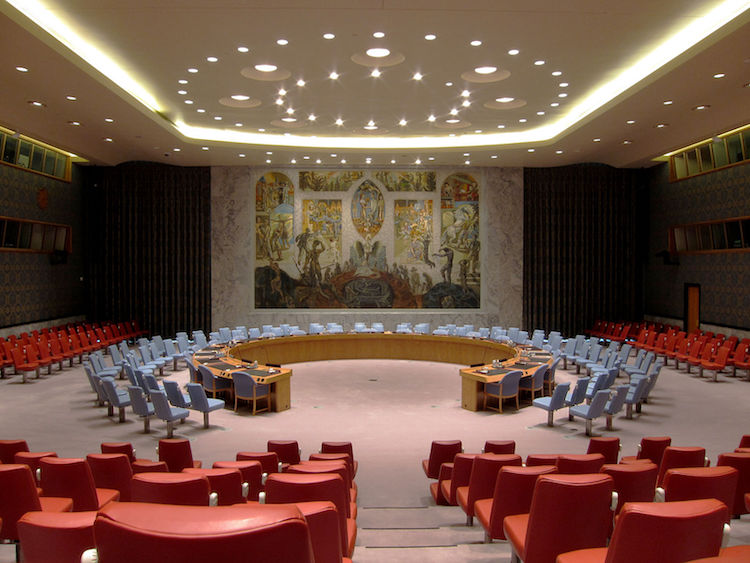



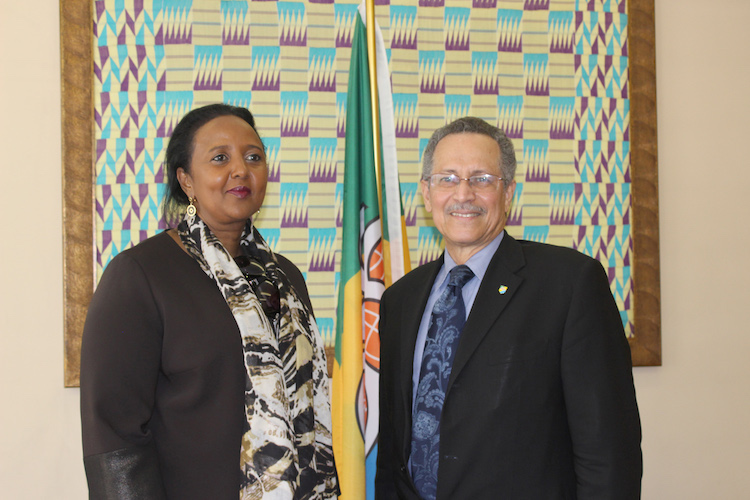

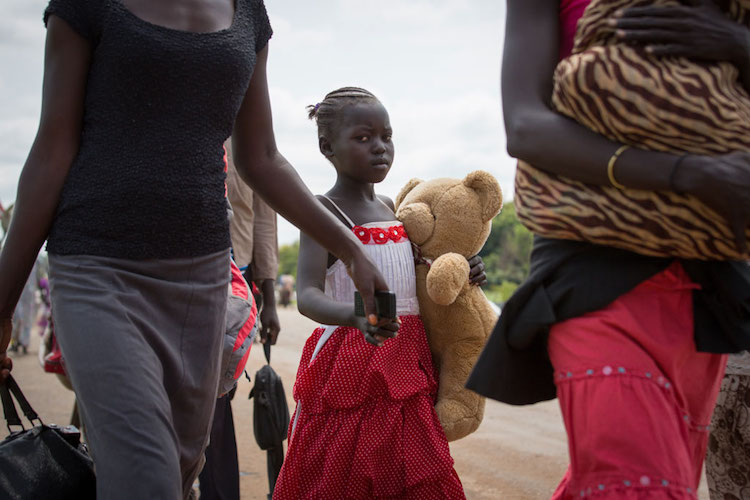
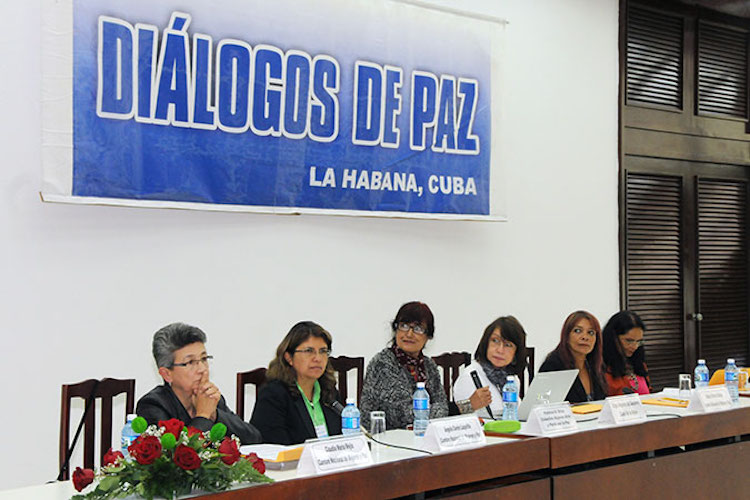
 NEW YORK (IDN-
NEW YORK (IDN-